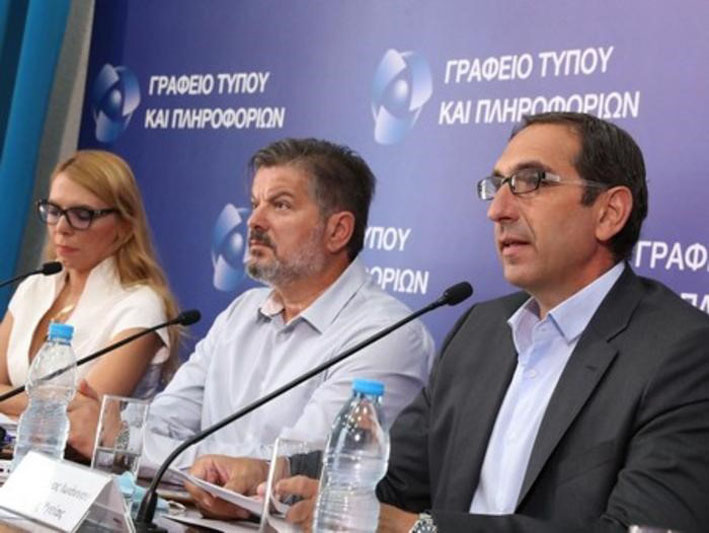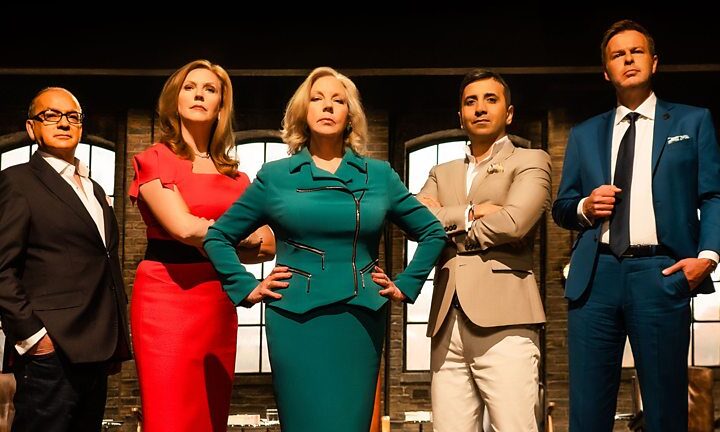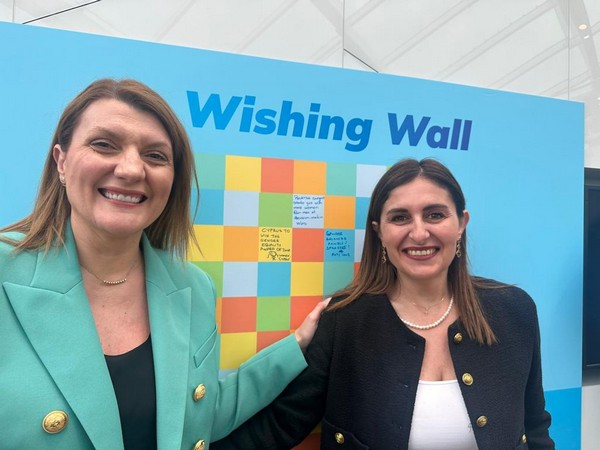By Christos Kalli
You talk about them over souvlakia, during the casual, let alone weekly, thirty-people family gatherings.
You turn to the last thing they said when the conversation dries up.
If someone at the table claims to have seen one of them, you will hear follow-up questions, maybe even a gasp.
‘The rising heroes of the coronavirus era? Nations’ top scientists’, Matina Stevis-Gridneff’s New York Times article takes us on a pan-European journey to meet the most recent celebrity-heroes: a new, hybrid collective of mostly middle-aged, white, heterosexual male scholars with Greece’s Prof. Sotirios Tsiodras coming into view as the one with the longest and shiniest cape.
“The new celebrities emerging across Europe as the coronavirus burns a deadly path through the continent are not actors or singers or politicians,” she writes.
“[i]nstead, they are epidemiologists and virologists who have become household names after spending most of their lives in virtual anonymity.”
Cyprus, not explicitly referred to in Stevis-Gridneff’s piece, has been experiencing a similar phenomenon.
In March, as part of the now successful response to the pandemic, Health Minister Constantinos Ioannou assembled an expert scientific committee, consisting of Prof. Leondios Kostrikis, Prof. Peter Karayiannis, and Dr Eirini Christaki, among others.
Facing a potentially catastrophic situation, they were chosen to be our Avengers: to advise the president on executive orders based on constantly changing evidence, to liaise with different health officials, and, to alert, reassure, and dispel the misinformation of the public.
Like any team, an apparent “leader” quickly emerged.
The task of reading the daily case tally to the public made Prof. Kostrikis the most televised face and, at least in the minds of the people on the island, the Captain America of the team.
With great power and responsibility comes…what? Pressure? Sure.
But as the members of the committee were gathering information on Covid-19, the nature of its presence on the island, and on how to become camera-ready more efficiently, the public, with the help of the media, began treating them like celebrities.
Captain America was quickly turned into Kim Kardashian (by no means a demotion). Alongside a heap of tik-toks and memes, mostly focusing on his gorgeous lash of hair and shinning skin,
Kostrikis received what the public may have interpreted as the highest honour: a Down Town cover and an interview-cum-profile, bearing the subtly symbolic subtitle ‘the man behind the scientist’.
By August, paparazzi-like reports about the committee members’ choice of beach were common.
The word ‘celebrity’ has travelled etymologically from classical Latin (celebritāt, meaning ‘being crowded’) to Middle French (celebrité, meaning ‘celebration’) and Late Middle English (celebrete, meaning ‘ceremony’).
Throughout its lifetime, it has bound together, very tightly, celebrities of all origins and the culture through and out of which they have emerged.
“In modernity’, writes Ulinka Rublank, a historian at the University of Cambridge.
“Celebrities are thought to be constitutive of people’s social identities as these famous men and women are linked to a broad range of roles accessible to many.”
Here, the operative word, the most important word, is ‘accessible’.
We have made our Avengers, this small pool of Cypriot academics, accessible to us through a process of “celebritization” (Olivier Driessens’ term)—surely the man behind the scientist is easier to understand than the scientist himself.
A new breed of celebrity
This process has also provided a solution to another problem: academic celebrities are an entirely new type of celebrity in Cyprus and we have not learnt how to manage it yet.
While our interest in traditional celebrities (actors, socialites) naturally makes us experts in how to handle them (ask them for a selfie), and while our disinterest in everyday heroes (surgeons, firefighters) instinctively makes us experts in how to treat them (let them do their job), we don’t know what to do with people who are assigned the task of briefly being both.
But it would be wrong to assume that this is entirely our fault, or that there is a correct way of “handling” these new celebrities.
Academics have seldom had a harmonious relationship with fame.
Especially when public interest arrives suddenly, it can feel superficial and subject to an expiration date, which makes it de facto antithetical to the complicated journey of becoming and remaining an academic.
This is partly the reason why so many academics remain happy in their anonymity (or at least they say they do) and seek, instead, life-affirming validation from their peers.
Harmless as it may seem, this process of celebritization comes during a volatile time, a time when we need whatever Avengers we have to remain our Avengers.
So, could there be any danger in it?
Perhaps inevitably, the path to accessibility requires a certain level of obstruction of what is generally inaccessible.
Mass-produced images of the archetypal celebrity figure, and media tactics that are usually reserved only for them, do not work towards making our Avengers famous for their work.
To redirect the attention on the “heroes” themselves or even to decontextualize them from this fight, seems like a luxury we cannot afford right now.
Yet, the recent public interest in these academic celebrities, regardless of how fragile it may be, has also yielded some good outcomes, of varying degrees of importance.
Our Avengers contributed to a renewed interest in the institutions of Higher Education which, for better or for worse, determine a large portion of our lives.
For the Cypriot universities, this interest was especially much needed, since our appreciation of them has always been merely rhetorical, and our understanding of them was at best confused, at worst highly inaccurate, and often prone to either exaggerated apotheosis or trivialization.
It should go without saying that the general obedience to health professionals and science—that, however healthy, should never be free of critical thinking—presents a refreshing leap from previous disobediences, or from seeking medical advice from Facebook.
Will we have famous Cypriot academics to talk about when the pandemic ends?
Kostrikis has famously said that “[w]hen this is over, I will disappear”.
The best we can do is hope that there will be an academic-shaped hole in the collective unconscious of the population for younger thinkers, doing heroic work, in the Humanities, the Sciences and everything in between, both here and abroad.
Christos Kalli is an Associate Lecturer at UCLan Cyprus, an independent researcher, University of Cambridge graduate www.christoskalli.com










